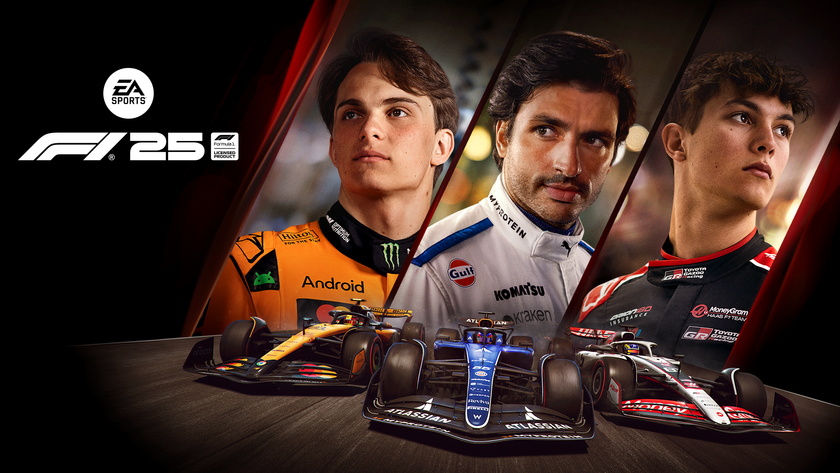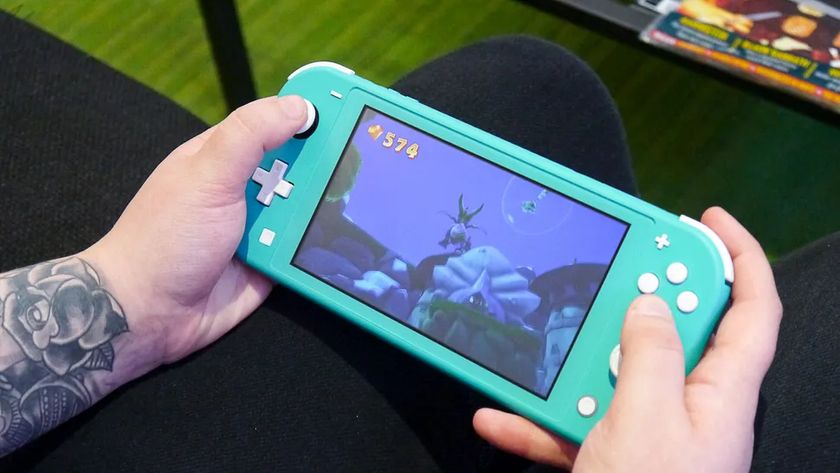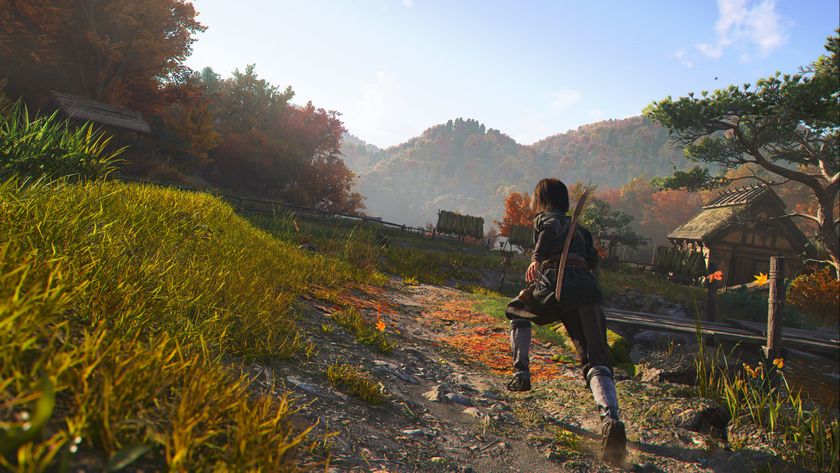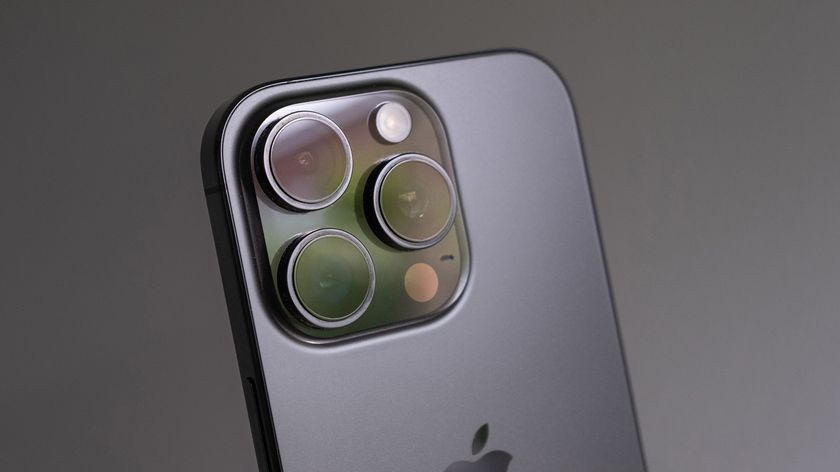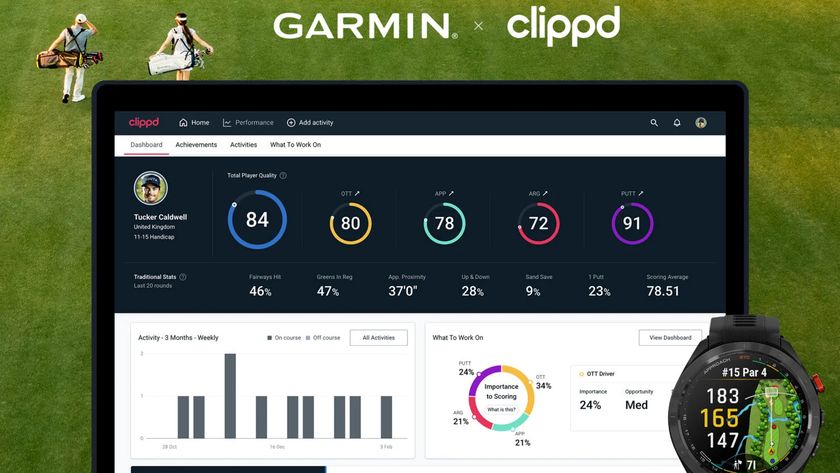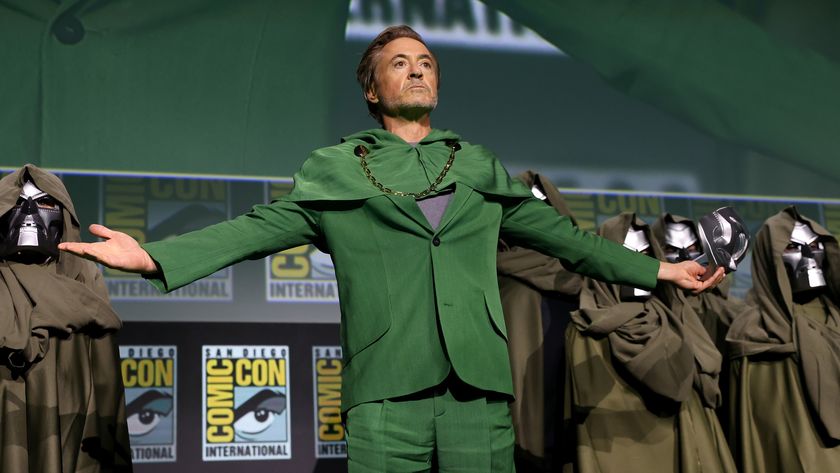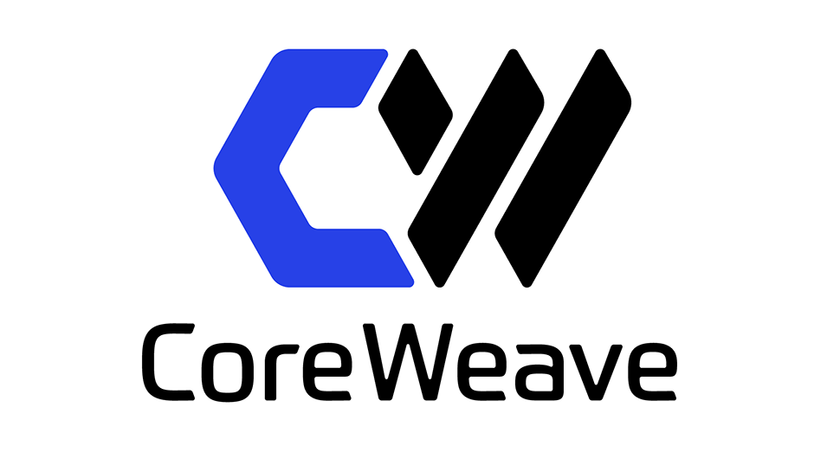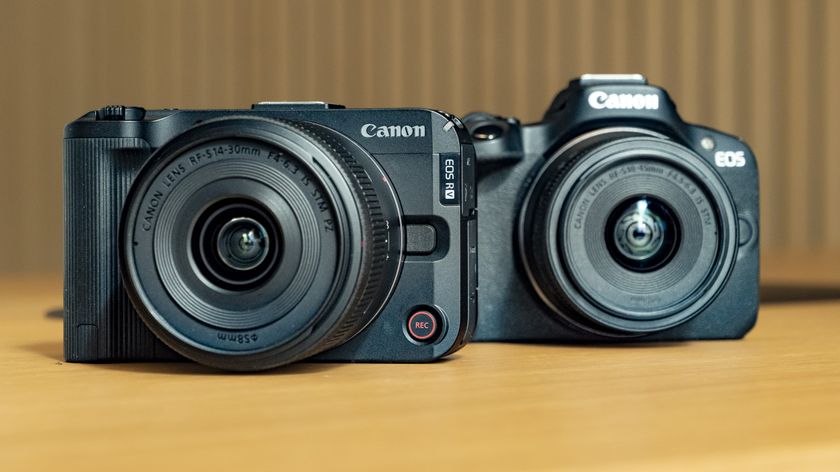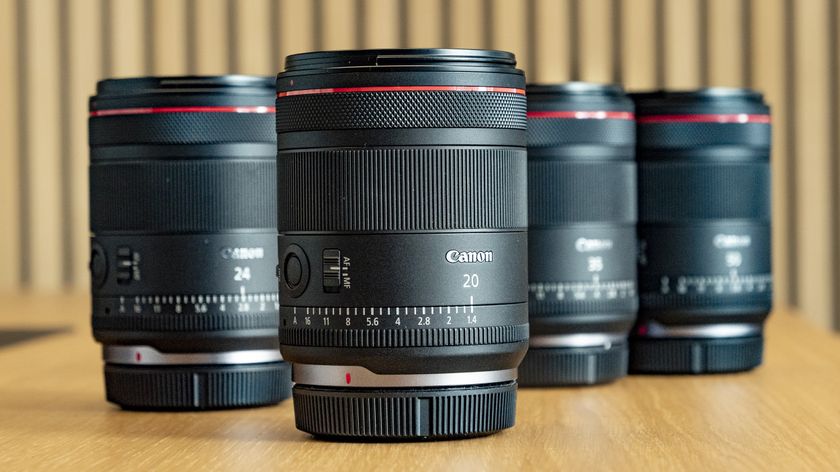Despite potential, developers have a lot to learn about virtual reality
Oculus and Morpheus are still awesome
Space oddities
Eve: Valkyrie was the only virtual reality game being demoed at not one, and not two, but three different locations at E3 2014. The space combat game may be an Oculus launch title, but that didn't stop Sony from showing it off on Project Morpheus as well, and developer CCP Games had it at the studio's own private meeting room, too - complete with special chairs designed to feel like the cockpit seats in the game's vessels.
And there's good reason this game was so ubiquitous. It's freaking amazing. Valkyrie is the game that sold me on virtual reality originally, and it's even better now.
You'll realize this tech is the real deal the first time you reach out your hand in real life, expecting to see it in front of you in the game. And the simple act of turning your head to follow enemy spacecraft as they circle above, below and behind you, rather than having to wait for your ship to turn, is game-changing to a degree that's difficult to understand if you haven't tried it.
Eve: Valkyrie has gone from a CCP side project to a full-fledged, in-development game. Previously made with Unity, they've rebuilt it on Unreal Engine 4, and there are a boat load of new features, not least of them the voice talent of Battlestar Galactica star Katee Sackhoff. There's no launch date yet, but when Valkyrie does arrive everyone will see what the VR fuss is about.

Meanwhile Valkyrie is not the only space game to appear on Oculus Rift at E3. Adam Orth's Adr1ft was playable at publisher 505 Games' meeting room behind the scenes of the convention, and it too is impressive, though for very different reasons.
Adr1ft is essentially the film Gravity in game form. It begins when you wake up, floating in orbit, the wreckage of a space station drifting all around you. Your suit is bleeding oxygen, and you need to figure out how to save yourself.
The game parallels Orth's experience when, before the Xbox One launched in 2013, the then-Microsoft employee made some inflammatory statements on Twitter, eliciting outrage and venom from dark corners of the internet. Like the character in Adr1ft, Orth found himself in the middle of a shit storm, but along with other changes in his life making the game using Oculus Rift has helped him work through it. "[Playing on Oculus Rift] is just opening up a whole new set of feelings," Orth said. "I didn't really expect that."
Get daily insight, inspiration and deals in your inbox
Sign up for breaking news, reviews, opinion, top tech deals, and more.
But while the final game will have more structure, the E3 demo was bare-bones, with not a goal in sight. It was meant to demonstrate how beautiful simply floating in space using Oculus can be. And the sense of weightlessness is so real it actually made my posture better for a few moments.
"It's really gratifying when people like yourself put that on and they say they had a feeling," Orth said. "There's not much in that thing right now, but the fact that we were able to get you to feel something different, feel unique, that's like magic to developers."
Down the rabbit hole
Back at the official Oculus booth there was one other game: Superhot, a first-person shooter where time only moves when you do. The demo took place in a single hallway. You inch forward, dodging bullets as you try to reach a weapon and fire back at three assailants.
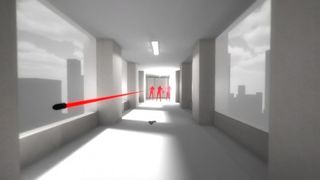
The fun part about playing with the Rift is that you can physically lean to avoid the oncoming projectiles. It's a small thing, but it adds another layer to an already interesting experience.
The two tech demos Sony was showing off with Project Morpheus in a back room at the sprawling PlayStation booth, called Street Luge and The Castle, also proved interesting.
The former is exactly what it sounds like: you lie down on a pillow on the ground and lean left and right to steer a speeding luge down hills and around cars. You go faster the less cars you hit, and by the end it's exhilarating and terrifying.
The Castle is essentially the exact opposite, a static demo based entirely on physics rather than speed. Holding a PlayStation Move wand in each hand, you swing a mace around your head, striking limbs off an armored dummy, and aim a crossbow by holding your arms up in front of you.
The demo is totally wonky and rife with glitches, and it suffers from the same problems that have plagued other motion-controlled combat games; mainly, a lack of precision. Having Morpheus on does help with that, though, as it's easier to perceive depth with the headset's 3D visuals.
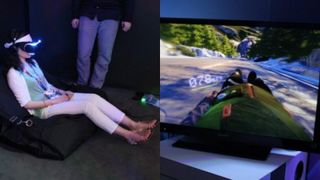
However, even The Castle shows off VR's strengths when, at the end of the demo, an enormous dragon appears in front of you with absolutely no warning. It looked incredibly goofy, but I still jumped, and the hairs stood up on the back of my neck as the dragon's jaws opened wide in front of me.
The problem with VR
Here's the thing about virtual reality right now: you really need to experience it to see what the fuss is all about.
Everyone has some idea of what VR is like, as the concept has existed in popular culture since well before the relevant technologies were anywhere near the level needed to make it actually work. Most people have a natural skepticism about it, and for good reason.
And VR has problems right now. They are problems that can be fixed, but developers will need to find a new design language to make their games work in virtual reality. Shoehorning existing games or games crafted using old rules onto Oculus Rift, Project Morpheus and other VR headsets will ultimately prove disastrous by turning people off to the tech, especially this early, when VR needs to latch onto more heads, not fewer.
But when it clicks, like in the case of Eve: Valkyrie, you'll never want to take that headset off.
- 1
- 2
Current page: EVE: Valkyrie, Superhot and VR issues
Prev Page Alien: Isolation, Lucky's Tale and XingMichael Rougeau is a former freelance news writer for TechRadar. Studying at Goldsmiths, University of London, and Northeastern University, Michael has bylines at Kotaku, 1UP, G4, Complex Magazine, Digital Trends, GamesRadar, GameSpot, IFC, Animal New York, @Gamer, Inside the Magic, Comic Book Resources, Zap2It, TabTimes, GameZone, Cheat Code Central, Gameshark, Gameranx, The Industry, Debonair Mag, Kombo, and others.
Micheal also spent time as the Games Editor for Playboy.com, and was the managing editor at GameSpot before becoming an Animal Care Manager for Wags and Walks.
